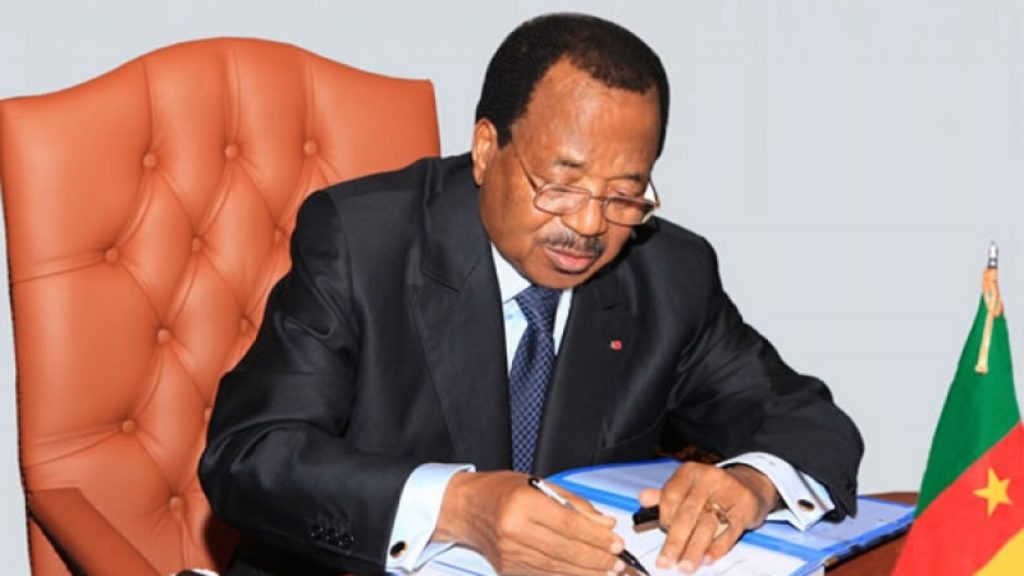As part of the public sector reform, the President of the Republic, Paul Biya, appointed the members of the Board of Directors of the National Investment Company (SNI) on April 8, 2025, which recently became a publicly-owned company. This decision is part of the profound transformation of the country’s institutional fabric .
The National Investment Corporation (SNI) is entering a new phase in its history. On July 10, 2024, a presidential decree formalized its transformation into a publicly-owned company, with the Cameroonian government as the sole shareholder. This major reform aims to increase the company’s efficiency and performance in the country’s economic development. As a result, several structures deemed obsolete have been dissolved: the Technical Rehabilitation Commission (CTR), the Technical Privatization and Liquidation Commission (CTPL), and the Business Upgrade Bureau (BMN).

A diverse team for an ambitious mission
The appointed Board of Directors is made up of twelve members with diverse backgrounds, representing state institutions, the banking sector, and employers. Razack Johnny, a person appointed directly by the Head of State, occupies a central role in this new system. Dieudonné Tonga will represent the Presidency of the Republic, while Sandji née Etogo Messomo will speak on behalf of the Prime Minister’s Office. The Ministry of Economy will be represented by Patrick Nzogang, the Ministry of Finance by Ngakoumda Gabriel, and the Ministry of Industry by Oumar Ali. As for Agriculture, it will be represented by Bambot née Mbong Grace Annih, and the Ministry of Livestock, by Engamba Philippe Didier.
In addition to these state representatives, there are players from the financial and private sectors: Pierre Nkoa Ayissi, National Director of BEAC, Abunaw Gwendoline for credit institutions, and Célestin Tawamba for employers’ organizations.
A strategic link in development
This new governance aims to provide the SNI with a robust decision-making body capable of effectively managing its missions, which include supporting public enterprises and developing strategic investments. The term of office for directors is three years, renewable once.
Next steps
It now remains to be seen who will be elected as the staff representative, and especially who will be appointed as the future CEO of the SNI, who is expected to be appointed shortly. These appointments will mark the effective launch of the new SNI, which is expected to play a leading role in boosting the national economy.






